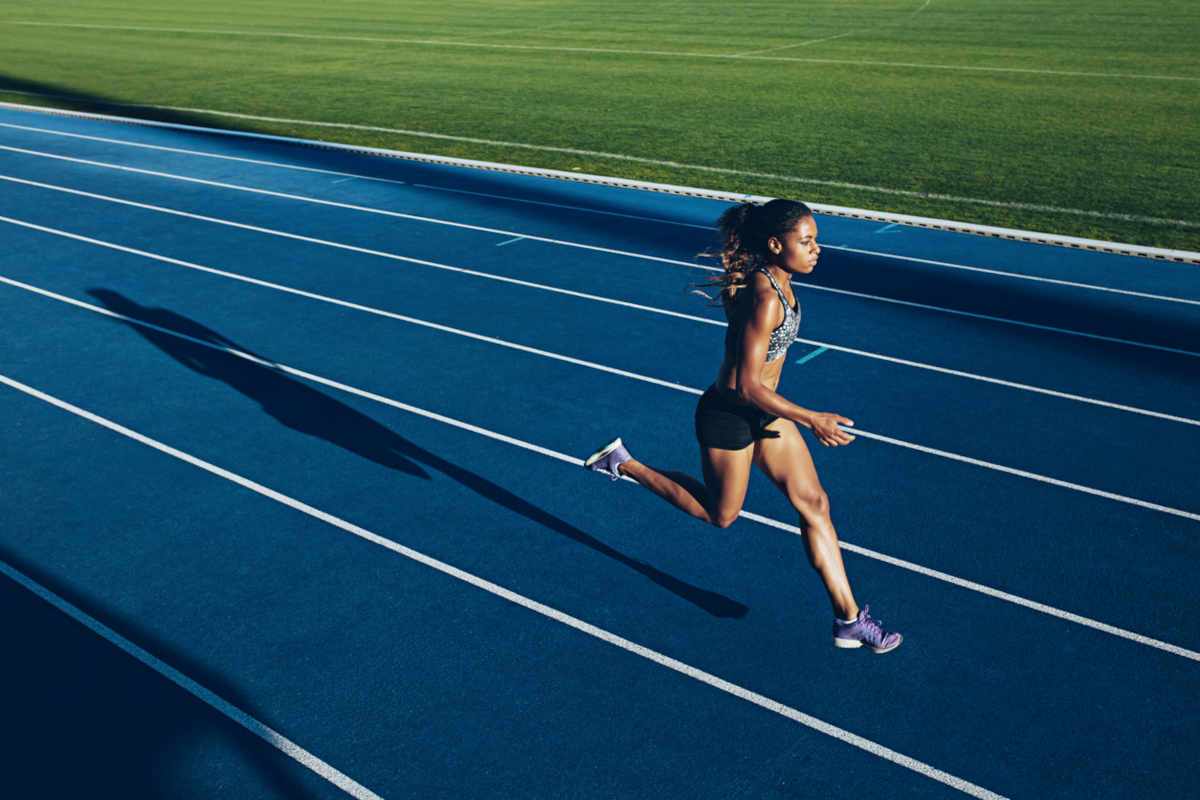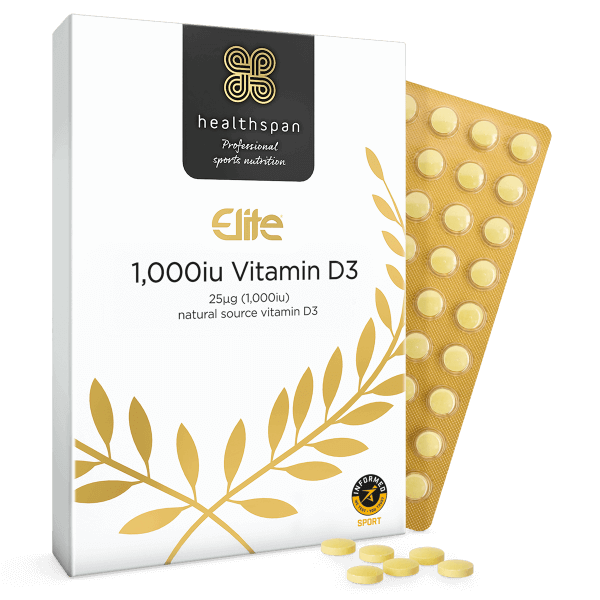The International Olympic Committee (IOC) produced a selection of documents addressing training load in sport and the risk of injury and illness in athletes, summarising the conclusions of a group of experts. Wendy Martinson OBE discusses their findings.
Considered in the appraisal was the impact on risk of injury and illness from rapid changes in training and competition load, an over-packed competition calendar, psychological load and travel. Practical guidelines were produced, which are useful for both elite and recreational athletes.
This article is a brief summary of some findings from the consensus statements, with a focus on the nutritional elements of illness prevention.
Factors influencing the risk of injury and illness
Training load
Training volume and intensity is pushed to the limit in both elite and developing athletes, in order to elicit maximal adaptation in an attempt to improve performance. Evidence is mixed regarding injury risk and training loads in athletes, in that high loads can have either positive or negative influences on injury risk.
However, an imbalance between loading and recovery may lead to chronic fatigue and abnormal responses to training, thus increasing the risk of both illness and injury.
The J-shaped curve relationship between absolute training load and risk of illness is well established in recreational and sub-elite athletes (i.e. both low and very high training loads being associated with higher risk of illness). However, evidence suggests that increased illness risk with higher training loads may not be applicable to the elite-level athlete, perhaps due to inherent self-selection.
Changes in training load
Large and rapid week-by-week changes in training load may place an athlete at risk of injury. If the program allows athletes to reach high training loads in a gradual and regulated manner, then hard training appears to offer protection against injuries due to development of robust physical qualities.
In terms of the relationship between risk of illness and changes in training load, only a few studies have been conducted. These suggest that increases in training volume or intensity increased the risk of illness, but it was not possible to quantify the amount of training load increase relative to the risk of a specific illness in a given sport.
Competition
Competition, which is a high acute load, can place greater demands on the athlete than their usual training blocks. Injury rates across sports are typically found to be higher in competition compared to training. Calendar congestion – many events over a shorter period than usual – can increase acute load and may increase injury risk.
Participation in single or multiple competitions is associated with increased risk of illness, but data is too sparse to quantify the risk. Several studies have demonstrated an increased risk of illness during the pre-competition and competition period.
Data from several Olympic games and international competitions across a variety of sports reveals that in shorter-duration international games (less than 4 weeks) 6-17% of registered athletes are likely to experience an episode of illness. 50% of all acute illness in athletes during competition affects the respiratory tract.

Injury rates across sports are typically found to be higher in competition compared to training.
International travel
Despite the sparse number of studies, it is recognised that frequent long-distance air travel across several time zones, leading to travel fatigue and jet lag, can negatively influence performance and increase risk of illness. However, no link has been found with injury risk.
In elite rugby union players competing in a 16-week tournament, travelling across more than 4 time zones was associated with a 2-3x increased risk of illness.
Psychological load
Several psychological factors may influence injury risk, such as life event stressors, anxiety and type A behaviours. Other variables, such as lack of sleep or severe psychosocial stress, may impact immunity and also increase risk of illness.
Practical guidelines for preventing illness in athletes
Regular athlete monitoring is fundamental to assessing the relationship between load and risk of injury and illness. A variety of methods can be used, such as recording training load, mood profiles, RPE (exercise intensity) and psychological screening. Subjective load measures have been found to be particularly beneficial.
A well-executed illness prevention strategy can have a significant impact. For example, an illness prevention program in the Norwegian Olympic Winter Games reduced illness rate from 17.3% of athletes competing in Turin to 5.1%, which may have contributed to the improved performance and overall results.
Illness-prevention strategies for athletes
Outlined below are some of the nutrition and hygiene strategies that are recommended from the IOC document to help prevent illness in athletes:
- Introduce personalised nutrition programs to avoid deficiencies of essential micronutrients
- Encourage athletes to consume carbohydrate during and after exercise, and to consume both carbohydrate and protein after exercise
- Measure and monitor the vitamin D status of athletes and supplement if required
- Consider advising athletes to ingest a probiotic such as lactobacillus probiotics on a daily basis
- Consider advising athletes on the regular consumption of fruits and plants, polyphenol supplements (e.g. quercetin) or foodstuffs (non-alcoholic beer and green tea) that may reduce risk of illness
- Consider zinc lozenges (> 75mg zinc/day; high zinc content) at the onset of upper respiratory symptoms, as there is some evidence that the number of days with illness can be reduced
- Ensure an athlete's schedule has adequate recovery, particularly after intensive training periods, competitions and travel, including nutrition and hydration, sleep and rest, active rest, relaxation strategies and emotional support
- Wash hands regularly and effectively with soap and water, especially before meals and after direct contact with potentially contagious people, animals, blood, secretions, public places and bathrooms
- Carry insect repellent, antimicrobial foam/cream or alcohol-based handwashing gel
- Do not share drinks bottles, cups, cutlery, towels etc. with other people
- While competing or training abroad, choose drinks from sealed bottles, avoid raw vegetables and under-cooked meat and wash and peel fruit before eating
- Avoid excessive drinking and binge-drinking of alcohol, as this impairs immune function for several hours, particularly after strenuous training or competition

Elite Vitamin D3 1000iu
1,000iu natural source Vitamin D3 to support immunity, muscles & bones
- Supports your immune, muscle and bone health
- 1000iu (25mcg) of vitamin D3, the body-ready form
- One-a-day formulation, suitable for vegetarians







